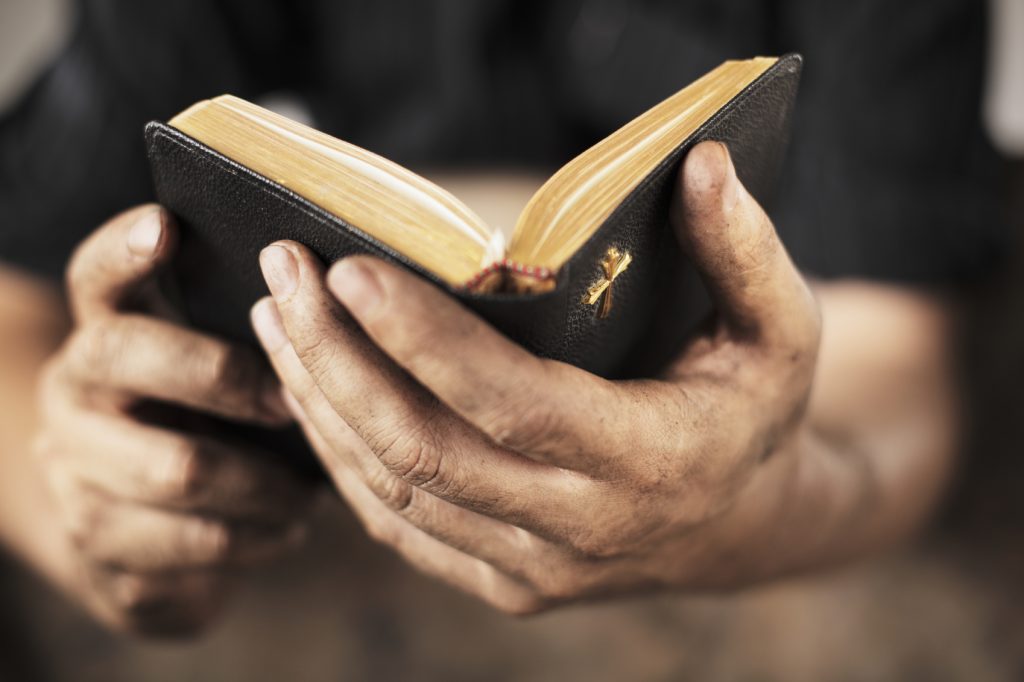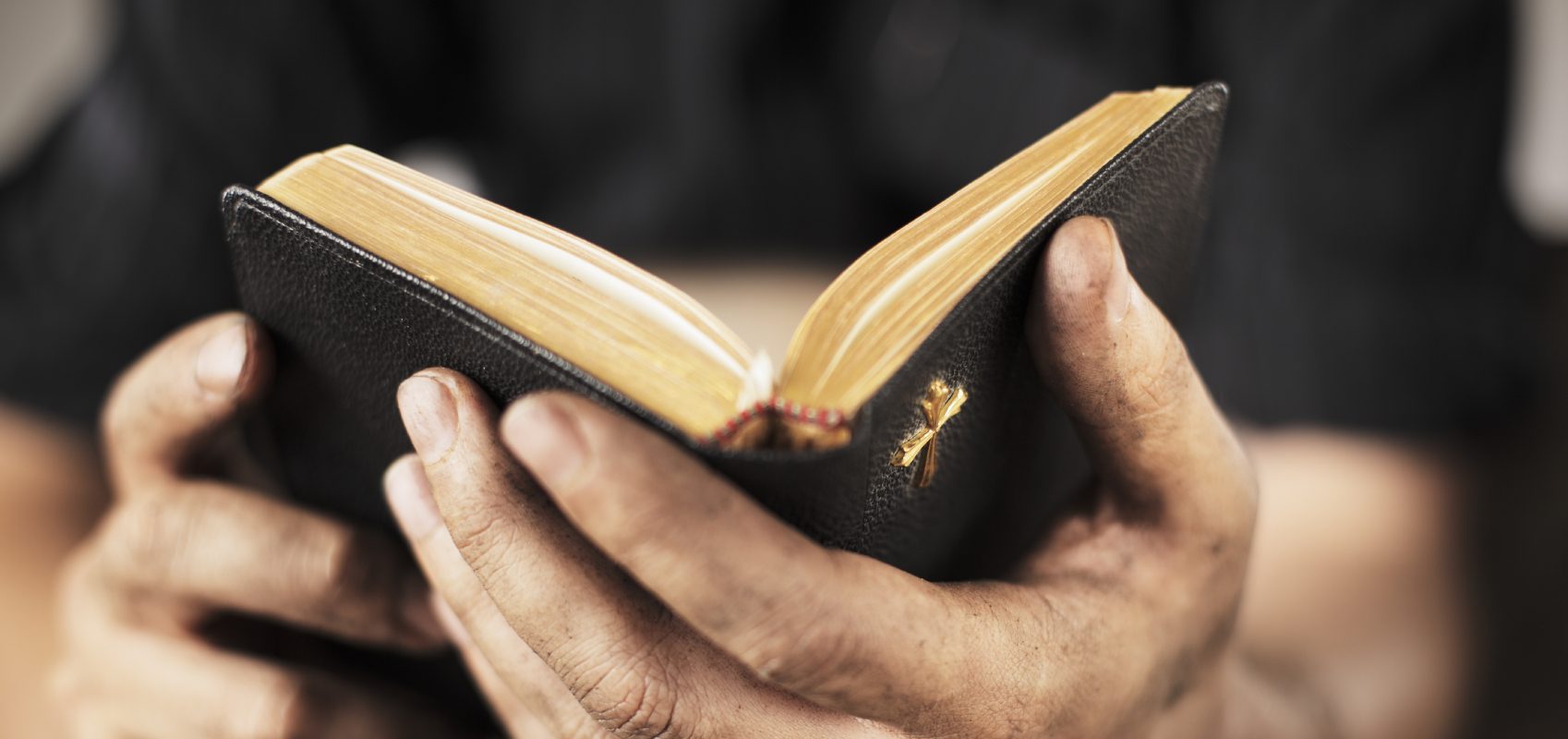SERMON 23 AUGUST 2020 | Revd Brent Swann | Watch the whole service here (sermon begins at 2:24m).

Tēnā koutou e te whānau a te Karaiti. Ka nui te mihi atu ki a koutou. Ka tīmata taku kauhau i runga i te ingoa o te Matua, te Tama me te Wairua Tapu. Amine.
Today’s Gospel reading is from Matthew 16: 13-20 and the confession, the answer from Peter to Jesus, ‘You are the Messiah, the Son of the living God’, is what I have reflected on in light of the time we are currently living.
How do we keep faith in this time of Covid, where the struggle for racial equity and social justice keeps speaking out loud, where the anxiety of poverty breeds uncertainty as we face job loss and an impending possibility of economic crisis. And how do we keep faith amid the devastating effects of climate change and take seriously the karanga of responsibility to care for Papatuanuku and Tangaroa?
How do we stay hopeful and hold it together in such an invasive, toxic, global political culture. And the scary gift of social media prioritising and feeding us with a diet of what is wrong in our world, and how we get sucked into being members of the choir – experts in how things could have or should been done better or, even worse, becoming evangelists of fear, blame and conspiracy.
And all of this magnifies calls of wanting to go back to normal – whatever normal is – and all the while Jesus keeps asking us, ‘Who do you say that I am?’ Simon Peter answered, ‘You are the Messiah, the Son of the living God’, and Jesus answered him, ‘Blessed are you, Simon son of Jonah, for flesh and blood has not revealed this to you, but my Father in heaven.’
Peter has this incredible confession, insight, revelation. But revelation doesn’t always mean it comes with understanding. When Peter says ‘Messiah’, he’s thinking of a warrior king like King David, but we know the second half of the story – how Jesus’ cross turns the world’s conceptions of power on their head and demonstrates the true power of sacrificial love.
It’s important to acknowledge the truth of Peter’s epiphany and celebrate his confession to recognise his accomplishment. Except revelation comes from God and only from God and the same is true of faith. All of which require us to rethink this unprecedented time we live in, in the light that both revelation and faith come from God. We don’t have to have all the answers and it’s not up to us, it’s not up to me or you, to procure the faith, hope and courage that we may feel is absent or in short supply.
Because the faith we seek, the confidence we long for, the courage we hope to find and to share – these are gifts from God and God loves to bestow such gifts on his people. Whanau, expect for these gifts to turn up when we are at our most vulnerable, when we don’t feel particularly holy, or even when we aren’t ready.
Ae, yes, it’s important to acknowledge the challenges and fatigue and uncertainty and stress that we are all feeling, to lament how long it’s been since we’ve experienced normality, and to wonder how we will get through all this and keep faith. Let’s remind ourselves and confess God, Creator of the heavens and earth, the one who brings life to death and creates from nothing. This God is still at work, God is still at work sustaining us in faith, creating us in hope, stirring us to acts of courageous generosity.
‘Heaven and earth have not revealed this to you, but rather my Father in heaven.’ God is still at work. More than that, God shows up in a variety of ways to create faith, hope and aroha even during these unprecedented times: in the messages and the phone calls that have taken the place of hospital and pastoral visits, where the team of five million stand together in communal kindness and responsibility to distance, wearing masks, testing and doing all that we need to do for the common good. The big green Kiwi Harvest truck Friday kai delivery, making up food parcels and dropping off to those in need, the St Columba bell that rings out daily, a call to midday prayer. Yes, in the imperfect but vital work we are all engaged in – at home in our own bubbles and the communities we belong to – God is at work too. I want to remind us all that God is with us, sustaining us in faith, equipping us to meet the needs of our neighbour, renewing us in hope and courage, and preparing to work through us for the sake of the world God loves so much.
God is still at work. E te whanau, kia kaha, kia maia, kia
manawanui.
Amine.

